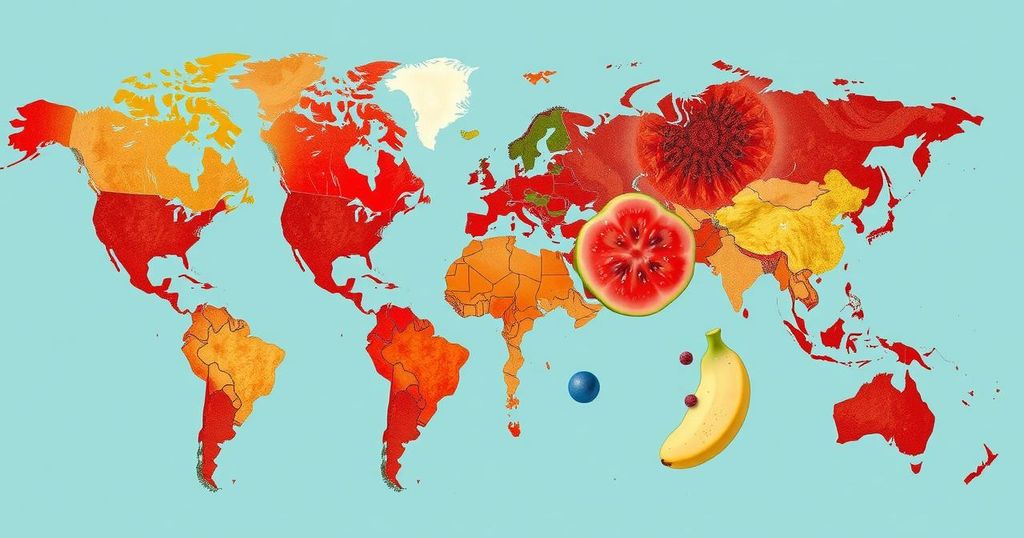Global Food Poisoning Incidents Highlight Urgent Need for Safety Improvements

Various regions globally, including Cambodia, India, Brazil, Nigeria, and the United States, have reported alarming food poisoning incidents, with severe illnesses, hospitalizations, and even fatalities. These occurrences reflect ongoing challenges in food safety practices, emphasizing the need for stricter regulations and better hygiene in food handling to protect public health.
Recent reports highlight alarming food poisoning incidents affecting various regions globally, including Cambodia, India, Brazil, Nigeria, and the United States. These outbreaks have led to severe illness, hospitalizations, and, in some cases, fatalities, illustrating ongoing concerns regarding food safety and hygiene standards. In Cambodia, a city hall meeting was disrupted by foodborne illnesses stemming from contaminated sandwiches. Meanwhile, India has faced multiple incidents, including an assault on an army officer following a mass poisoning at a training camp and several children succumbing to symptoms post-consumption of shawarma. Brazil experienced tragedy with the death of a teenager linked to a tainted meal, prompting investigations into food safety practices. In Nigeria, the aftermath of a wedding reception has resulted in police investigations due to food contamination claims. Lastly, the United States has seen a push for accountability with flight attendant illnesses, underlining the critical need for stringent food safety measures across the board.
Food poisoning remains a significant public health challenge worldwide, often resulting from improper food handling, lack of hygiene, and deviations from safe food preparation protocols. The World Health Organization underscores food safety’s importance to prevent illness and protect consumers. With multiple outbreaks reported across different countries, there emerges a pressing need for regulatory bodies to enforce food safety laws and educate food providers on best practices, thereby safeguarding public health and minimizing the risk of foodborne illnesses.
The multitude of recent food poisoning cases across various nations highlights an urgent need for improved food safety protocols and vigilance in food preparation and handling. Each incident serves as a stark reminder of the potential dangers of contaminated food, reinforcing the importance of adherence to safety standards to prevent further outbreaks. Regulatory authorities must take proactive measures to strengthen food safety inspections and educate both vendors and consumers on safe food practices.
Original Source: www.foodpoisoningnews.com






